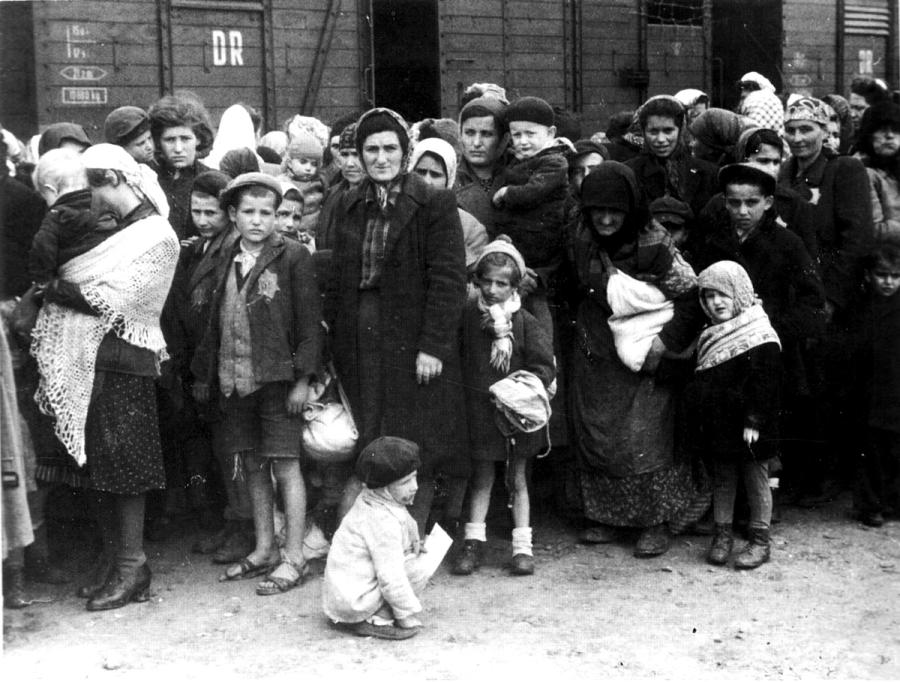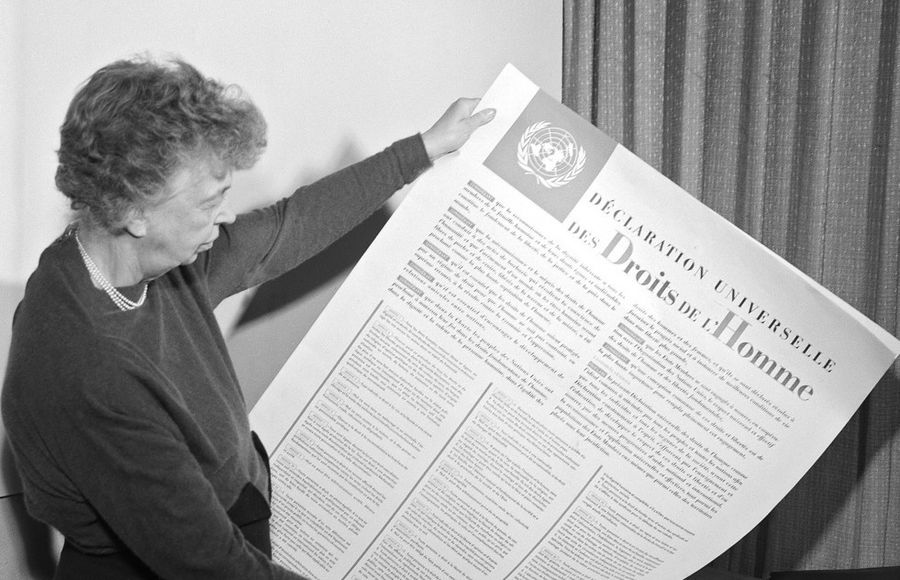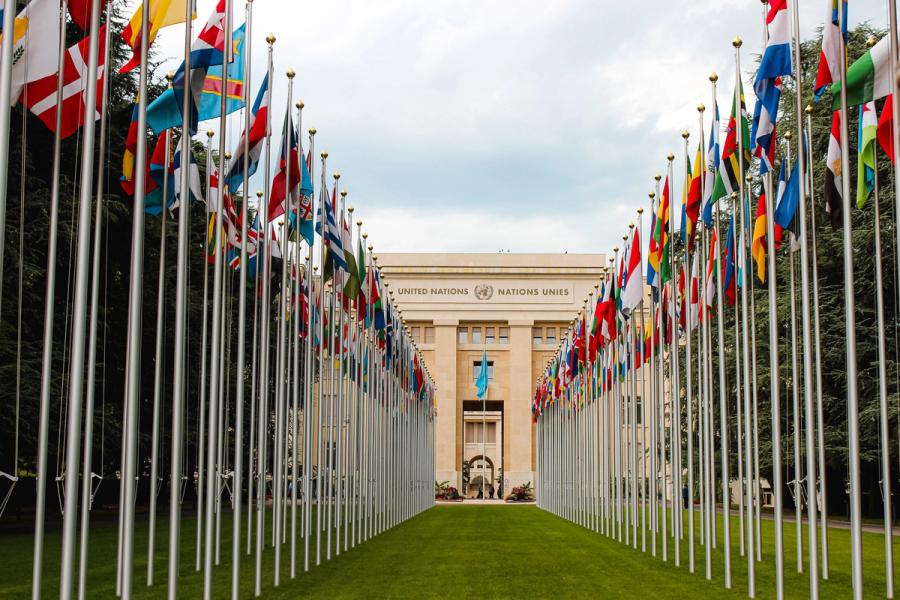Human Rights
TwoHuman rights are fundamental rights that every human being is entitled to. The underlying ethical values behind the vision of human rights are human dignity and equality.
The idea that all human beings are entitled to some fundamental human rights dates far back into history. The need for people to formulate human rights grew out of the need to protect individuals from arbitrary abuse, violations and discrimination perpetrated by those in power.
Historical background
Human rights were written down as legally binding obligations for state authorities for the first time during the American (1776) and French (1789) revolutions (1776). In time, different human rights became a part of many state constitutions (for example the Norwegian constitution in 1814).
In the modern notion of human rights, the states have the main responsibility to respect, promote and protect human rights for their populations.
The atrocities that occurred during the Second World War led to the establishment of the United Nations (UN) at the San Fransisco Conference in 1945. The Nazi concentration camps and the systematic discrimination and killings of Jews, Sinti and Roma, homosexuals and many other groups were important factors behind the UN decision that human rights should be an important part of the mandate of the new global organisation. Hence, the UN Charter clearly speaks of "promoting and encouraging respect for human rights and for fundamental freedoms for all without any distinction as to race, sex, language or religion" (Art. 1, para.3.). Since the state representatives at the San Fransisco Conference did not have time to define the content of the human rights, it was set up a Human Rights Commission which got the task to draft an "International Bill of Rights".
The UN Human Rights Commission, led by Elanor Roosevelt, drafted the Universal Declaration of Human Rights over a two-year period. The Commission consisted of 18 state representatives from all over the world, all with different cultural, religious and ethnic backgrounds. At any time during the process, the 38 remaining UN member countries that were not on the Commission, had the opportunity to submit their own proposals. They also received drafts for comments and had a number of opportunities to make statements in the comprehensive negotiations that took place in the UN while the General Assembly was in session from September to December 1948.
Drafting the document was a long and difficult process, but in Paris on 10 December 1948, the Universal Declaration of Human Rights was proclaimed by the United Nations General Assembly as a common standard of rights for all peoples and all nations. It sets out, for the first time in history, fundamental human rights that are to be universally protected.
The Universal Declaration of Human Rights
The Declaration consists of a preamble and 30 articles, setting forth the human rights and fundamental freedoms to which all men and women, everywhere in the world, are entitled to, without any discrimination.
- Article 1, which lays down the philosophy on which the Declaration is based, reads: All human beings are born free and equal in dignity and rights. They are endowed with reason and conscience and should act towards one another in a spirit of brotherhood.
- Article 2 sets out the basic principle of equality and non-discrimination. It forbids "distinction of any kind, such as race, color, sex, language, religion, political or other opinion, national or social origin, property, birth or other status".
- Article 3 proclaims the right to life, liberty and security of person - a right essential to the enjoyment of all other rights.
- Articles 4 to 21 define civil and political rights, including freedom from slavery; freedom from torture and degrading treatment or punishment; the right to recognition everywhere as a person before the law; the right to an effective judicial remedy; freedom from arbitrary arrest, detention or exile; the right to a fair trial and public hearing by an independent and impartial tribunal; the right to be presumed innocent until proved guilty; freedom from arbitrary interference with privacy, family, home or correspondence; freedom of movement and residence; the right to asylum; the right to a nationality; the right to marry and found a family; the right to own property; freedom of thought, conscience and religion; freedom of opinion and expression; the right to peaceful assembly and association; the right to take part in the government and to equal access to public service in one's country.
- Articles 22 to 27 define economic, social and cultural rights, including the right to social security; the right to work; the right to equal pay for equal work; the right to rest and leisure; the right to a standard of living adequate for health and well-being; the right to education; and the right to participate in the cultural life of the community.
- The concluding articles, articles 28 to 30, recognize that everyone is entitled to a social and international order in which the human rights and fundamental freedoms set forth in the Declaration may be fully realized, and stress the duty and responsibilities which each individual owes to his/her community.
The Universal Declaration is generally agreed to be the foundation of international human rights law. It is a milestone document because it formed the foundation on which to build an expanding system with the aim of promoting and protecting human rights for all people.
The Declaration has been translated into over 500 languages and holds the Guinness World record as the most translate document.
Articles



